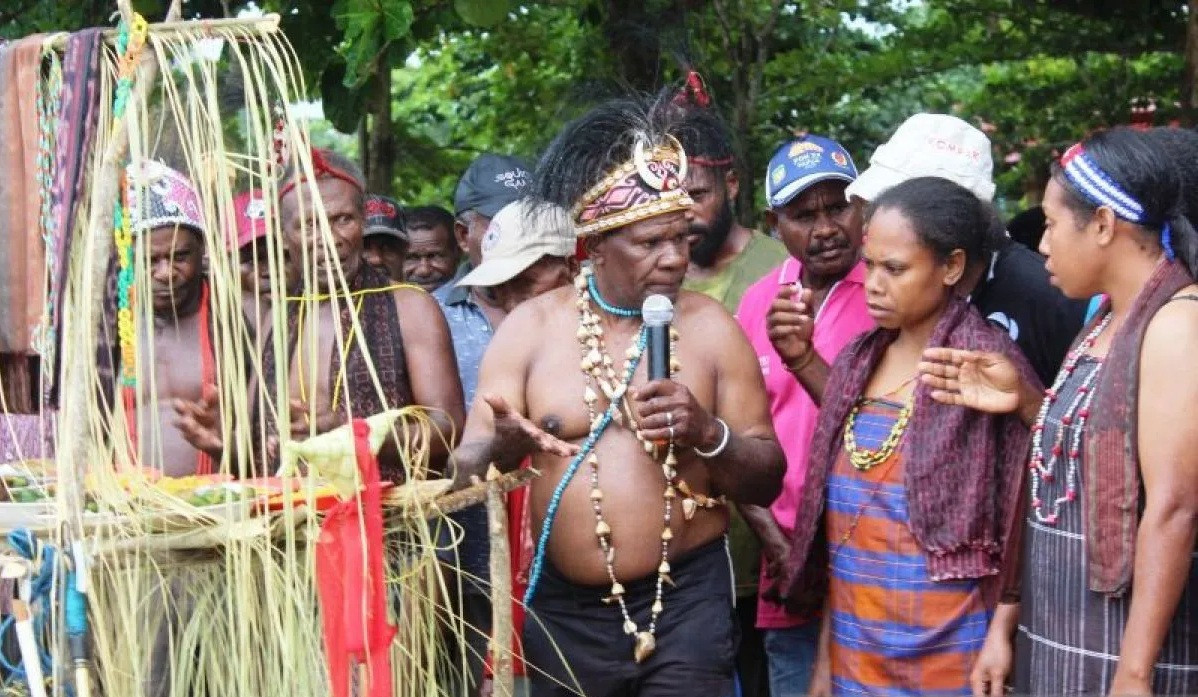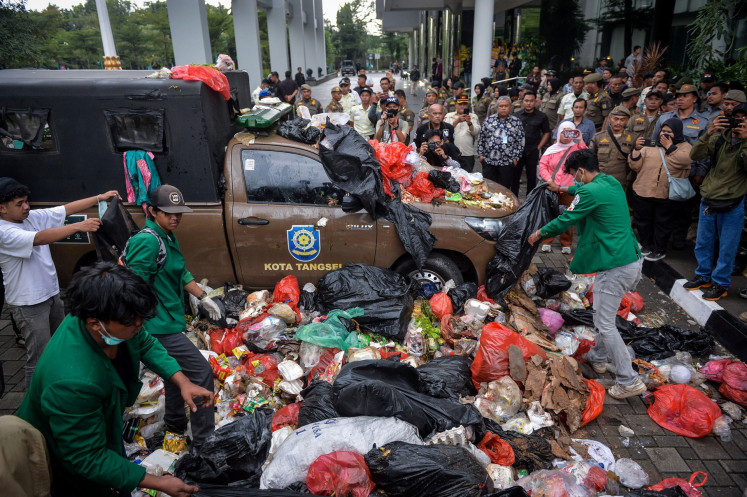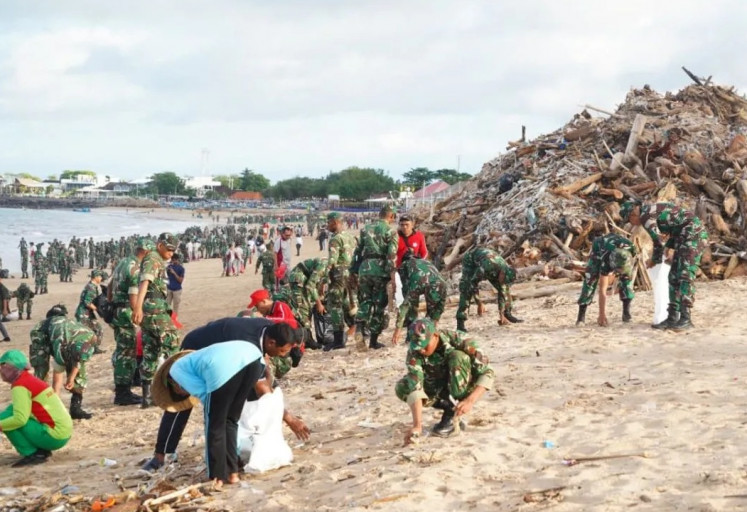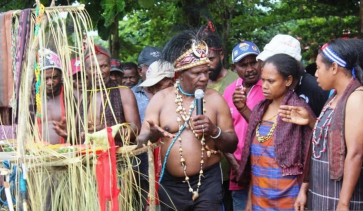Popular Reads
Top Results
Can't find what you're looking for?
View all search resultsPopular Reads
Top Results
Can't find what you're looking for?
View all search resultsSafeguarding indigenous rights in the age of artificial intelligence
This year's global day for indigenous peoples should serve as an occasion for reflection on how to recognize, include and incorporate these communities as equal partners in deliberative decision-making in determining not just their future, but also the country's future, as we are propelled headlong in this era of technologically driven transformation.
Change text size
Gift Premium Articles
to Anyone
A
rtificial Intelligence is reshaping the world with astonishing speed, transforming sectors from agriculture and health to education. But as we race toward this digital future, a critical question emerges: For whom is this future being built?
While AI promises efficiency and innovation, for indigenous peoples and local communities (IPLCs), the future is not just about algorithms: It’s about recognition, protection and dignity.
As the global community marks the International Day of the World’s Indigenous Peoples on Aug. 9 with a focus on AI this year, we must confront a pressing reality: For indigenous communities, this technology can be a double-edged sword. It offers potential for empowerment, yet also poses new threats to their existence.
The challenge facing Indonesia is clear: How do we ensure that our digital transformation upholds, not overrides, the rights of those who have long safeguarded the nation’s ecological and cultural heritage?
In many parts of the country, indigenous peoples are still perceived as remnants of the past; isolated, outdated and disconnected from modern life. This could not be further from the truth. Indonesia’s indigenous communities have long demonstrated remarkable resilience and adaptability, especially in preserving forests, managing biodiversity and responding to climate change.
As evidenced in upcoming research by Estungkara-INKLUSI, the local knowledge systems of indigenous peoples, which are rooted in communal values, offer blueprints for sustainable living in a time of accelerating ecological breakdown.
The Indigenous Peoples Alliance of the Archipelago (AMAN) estimates that the country is home to between 50 million and 70 million indigenous peoples and local communities representing over 1,300 ethnic groups. These communities speak hundreds of languages and maintain diverse customary systems to manage natural resources.



















